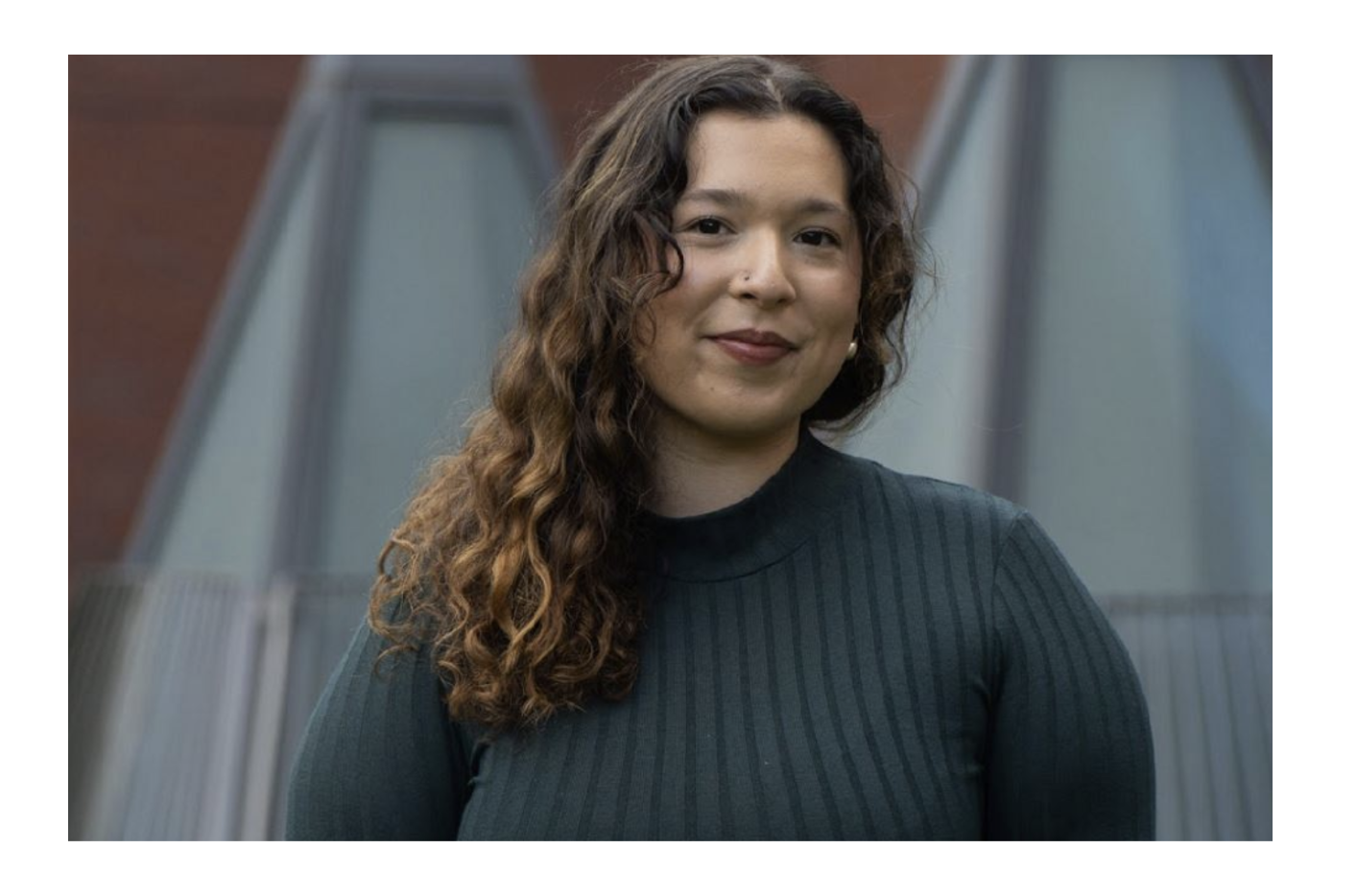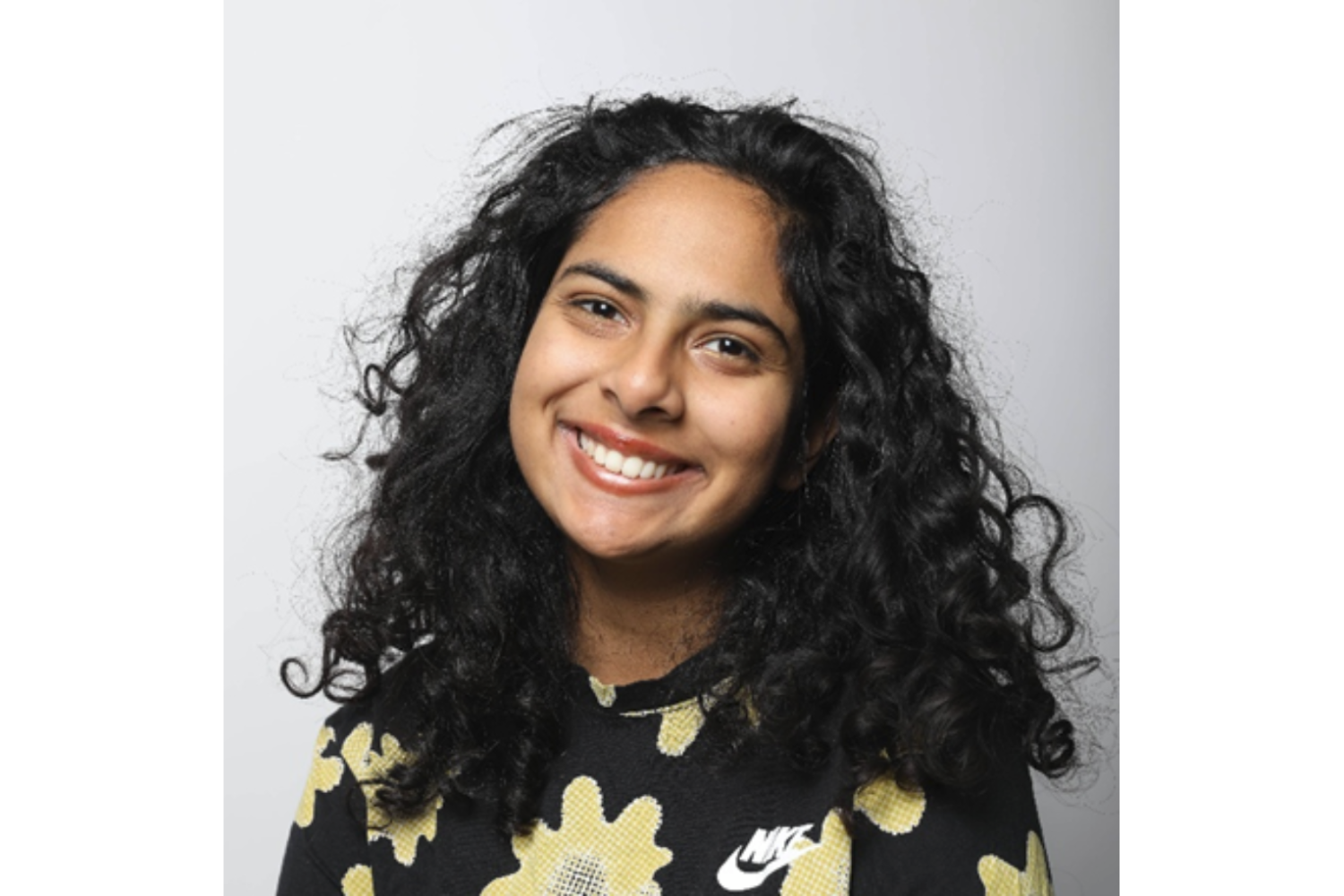
Bella Santiago ('26), a student in the College of Arts and Sciences, conducted research on the impacts of a rare genetic mutation on cell behavior and function under the mentorship of Dr. Xilma Ortiz-Gonzalez (Department of Neurology) through the Penn Undergraduate Research Mentoring Program.
Over the summer, I had the privilege of studying the characteristics and behavior of a very rare PIK3C3 mutation. My interest in the study of rare diseases, particularly those affecting children, drew me to the PIK3C3 mutation. With the mentorship, resources, and support from Dr. Ortiz-Gonzalez’s lab, I was able to delve into how the mutation impacts endocytosis (how cells take things in) and autophagy (cell degradation). Utilizing patient-derived cells, I examined the behavior of various proteins involved in these pathways under different conditions in both wild-type and mutant cells. My research revealed that cells harboring the mutation do have affected endocytic pathways, potentially contributing to the symptoms observed in the patient. This experience has greatly enhanced my understanding of the cellular mechanisms affected by this mutation and further fueled my passion for research in rare genetic disorders.
My Hispanic heritage has always been a vital part of my identity, and being able to integrate my culture into my summer work was profoundly rewarding. Being able to work in a fully Latino lab is a privilege that I deeply cherish. This opportunity strengthened my connections with lab colleagues, allowing me to learn about their backgrounds from Puerto Rico and Mexico, find solidarity, and to even practice my Spanish. While the research over the past ten weeks was invaluable, the most remarkable aspect was forming new friendships and learning to engage with people from diverse backgrounds.
Throughout my life, I have been averse to failure, often steering clear of situations where success seemed uncertain. This summer, however, my experience working in a laboratory has significantly challenged this tendency and pushed me beyond my comfort zone. Beginning the summer without any prior lab experience, I was unfamiliar with conducting experiments, interpreting results, and presenting data.
Nevertheless, I was immediately met with unwavering support, advice, and guidance from my colleagues, particularly my mentor, Leonardo Ramos-Rodriguez. He fostered an extremely supportive environment where I felt comfortable experimenting, learning new techniques, and even experiencing failure. This summer, I acquired many skills, but the most valuable lesson was learning how to fail and subsequently recover. There were numerous instances where my data did not make sense, the cells I was working with became unviable, or times when I even spilled mixtures. Initially, accepting that setbacks are an inevitable part of the learning process was challenging. However, once I embraced this reality, I was able to make substantial progress in my projects and personal growth.
Interested in reading more first-hand accounts about undergraduate research? Check out the other experiences featured on our Student News Page and Social Media!
Related Articles
A Trip to Puppet Planet
Over the summer, Lily Grace and Tatiana Williams-Martin were interns for Spiral Q. Spiral Q uses art to connect people, actions, values, neighborhoods, organizations, and movements to each other and to their collective creative force for change. This internship was supported by the Summer Humanities Internship Program.